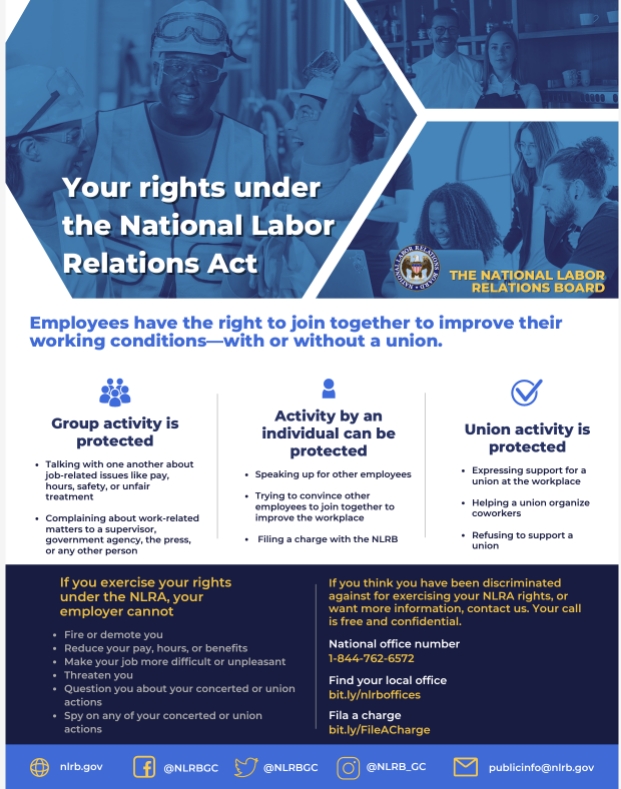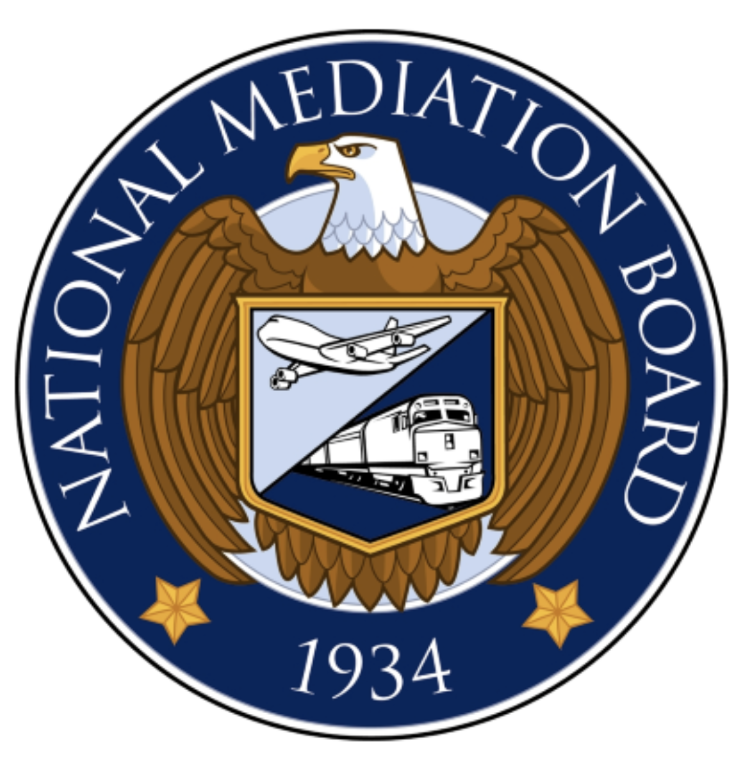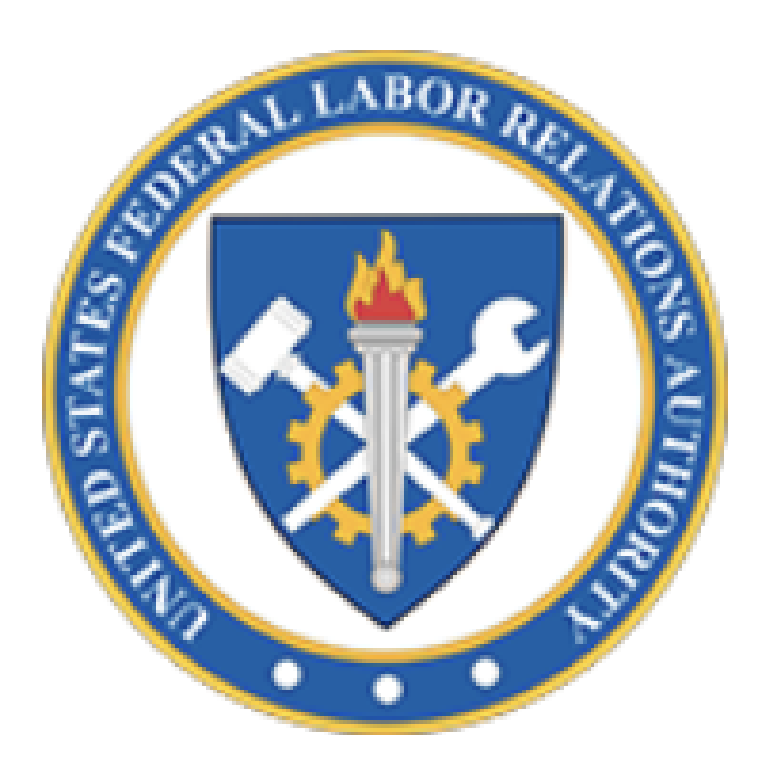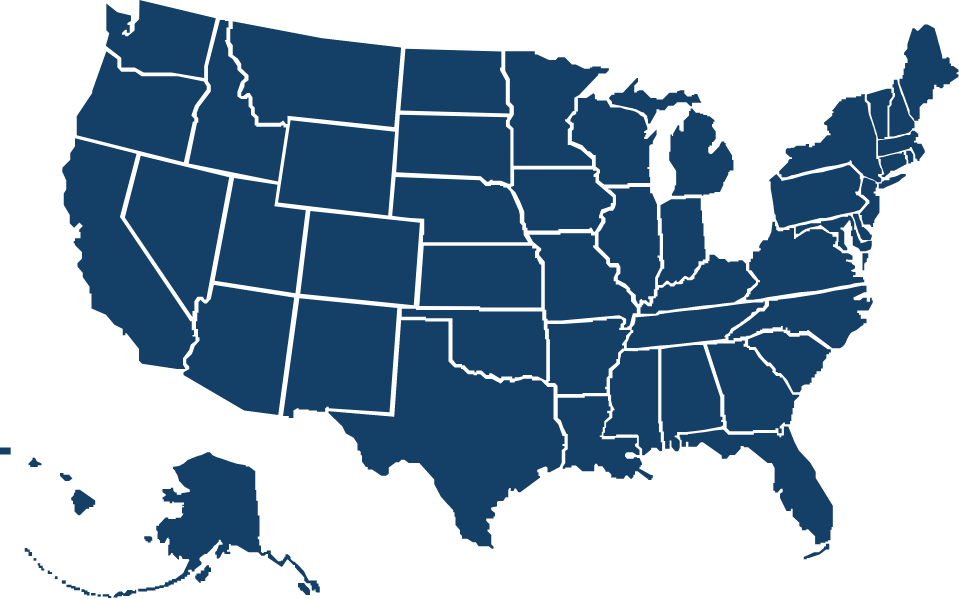The Right to Organize
The National Labor Relations Act (NLRA) protects the rights of most private-sector employees to organize, to engage in group efforts to improve their wages and working conditions, to determine whether to have a union as their bargaining representative, to engage in collective bargaining, and to refrain from any of these activities. The law protects the rights of workers to act together to address workplace conditions, with or without a union. By law, employers cannot fire, discipline, demote, or penalize workers in any way for engaging in these activities.





